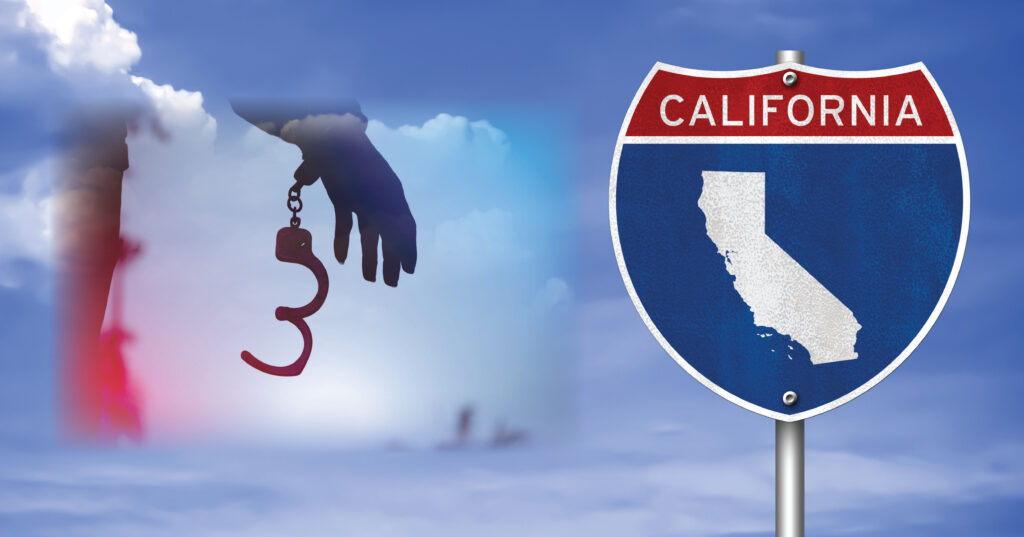
Excerpted from a Baker McKenzie Blog by Michael Brewer, Benjamin Ho, Goli Rahimi, Zachary Reeves and Robin Samuel
California legislators met on April 11 to discuss a proposed overhaul of employment-related criminal background checks. Simply put, if the Fair Chance Act of 2023 (SB 809) is passed into law, California will have the most restrictive criminal background check law in the country, and will significantly limit the way California employers can vet applicants for employment.
Under existing state law, California employers may conduct a criminal background check for most positions only after making an initial offer of employment, and they may make adverse employment decisions based on criminal history only after conducting an individualized assessment that considers the nature of the offense and the duties of the job. While these existing restrictions are significant in their own right, the proposed new law will effectively eliminate criminal history consideration in most circumstances, allowing legislators to further reduce barriers to employment for people with criminal histories.
The Fair Chance Act will, among other things, “make it an unlawful employment practice to take adverse action against an employee or discriminate against an employee in the terms, conditions, or privileges of their employment based on their arrest or conviction history.” SB 809.
In essence, the proposed law will all but ban employment-related criminal background checks, except for positions for which such checks are authorized or required by statute. And in the limited circumstances where criminal history checks are permitted, the Fair Chance Act will require employers to post a clear and conspicuous notice informing applicants and employees of their rights. The new law also will impose on employers additional document and data retention obligations for completed background checks.
State Restrictions Outside of California
California is not the only state considering stricter limits on criminal background checks. Nebraska introduced LB 367, which would prohibit employers from inquiring into an applicant’s criminal history until after a conditional offer of employment has been made. And Mississippi, South Carolina, and West Virginia have introduced bills that would limit public employers from using an applicant’s criminal history, a step towards further restrictions on background checks.
For the full story, please click here.
